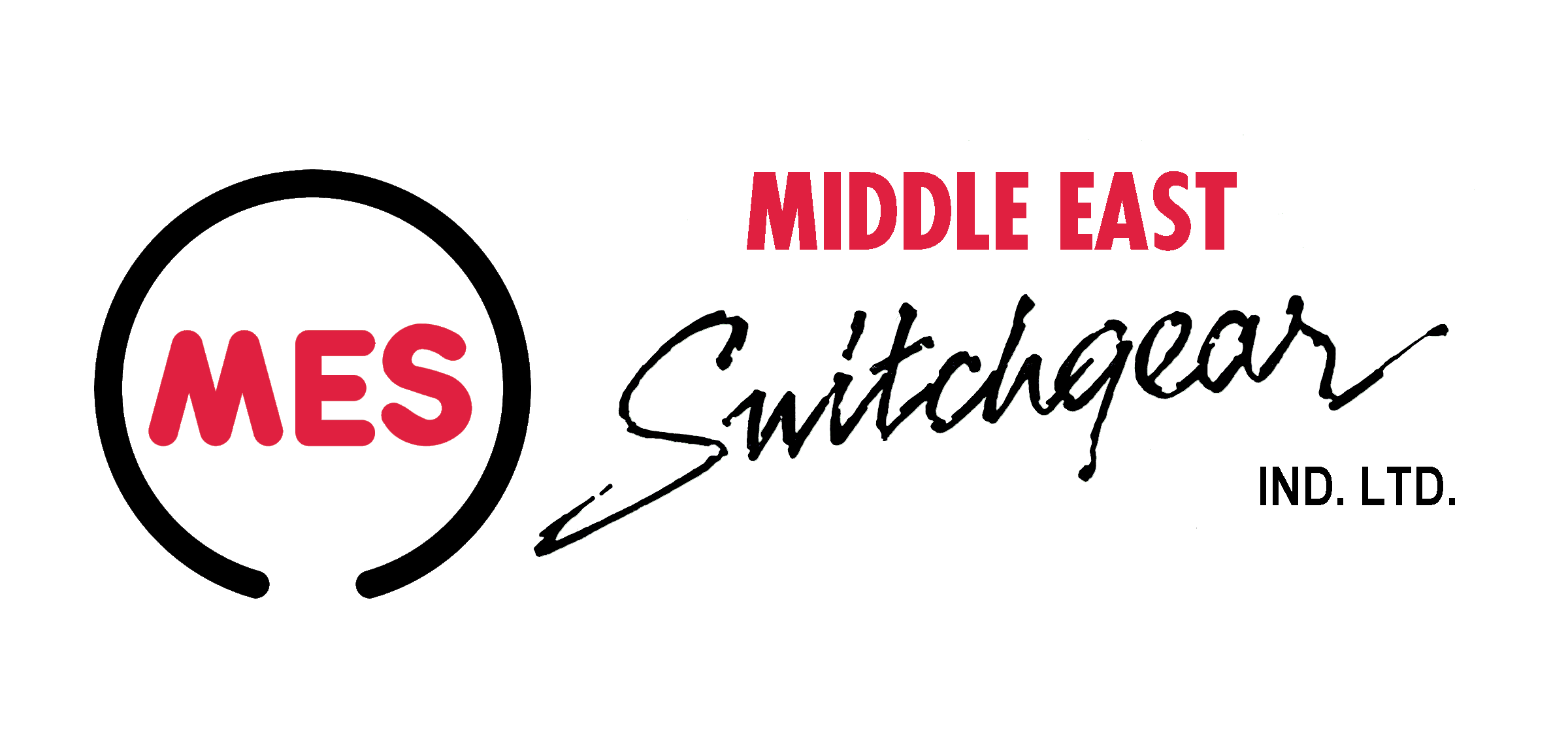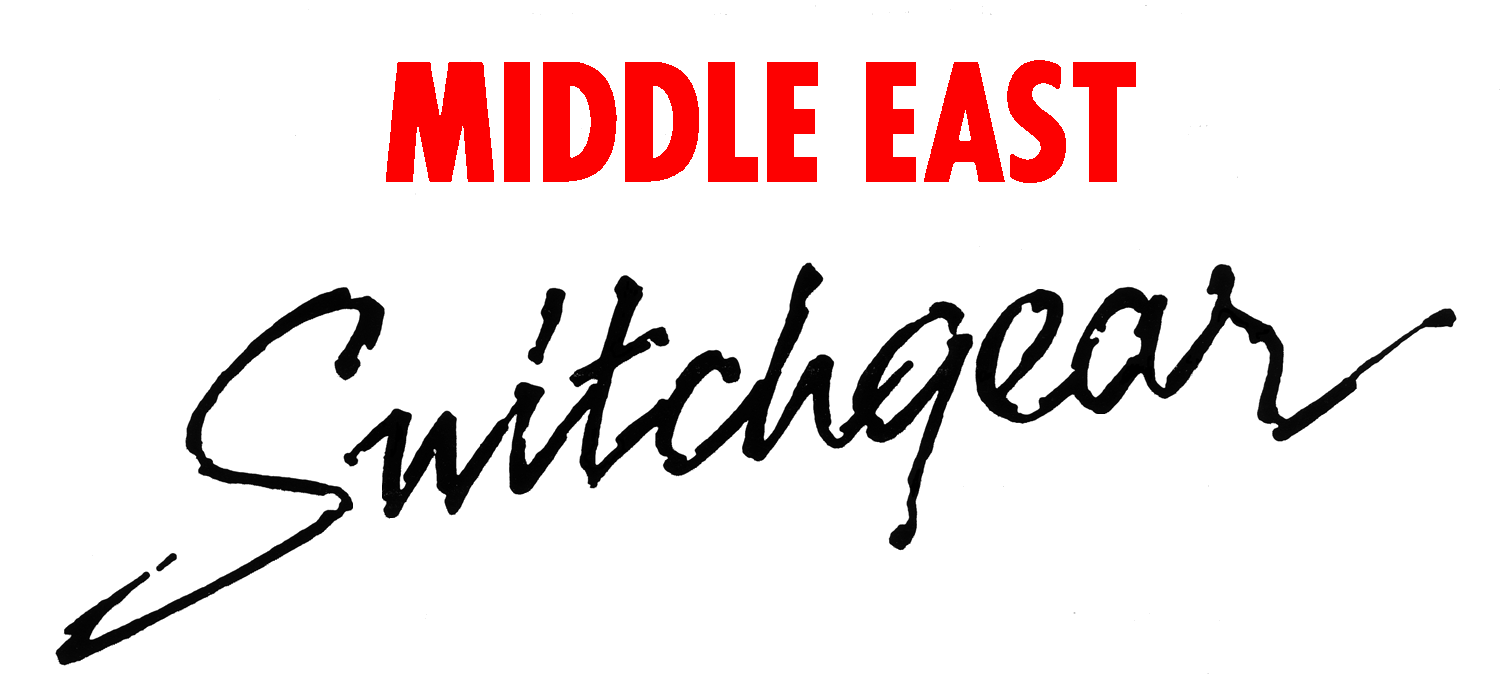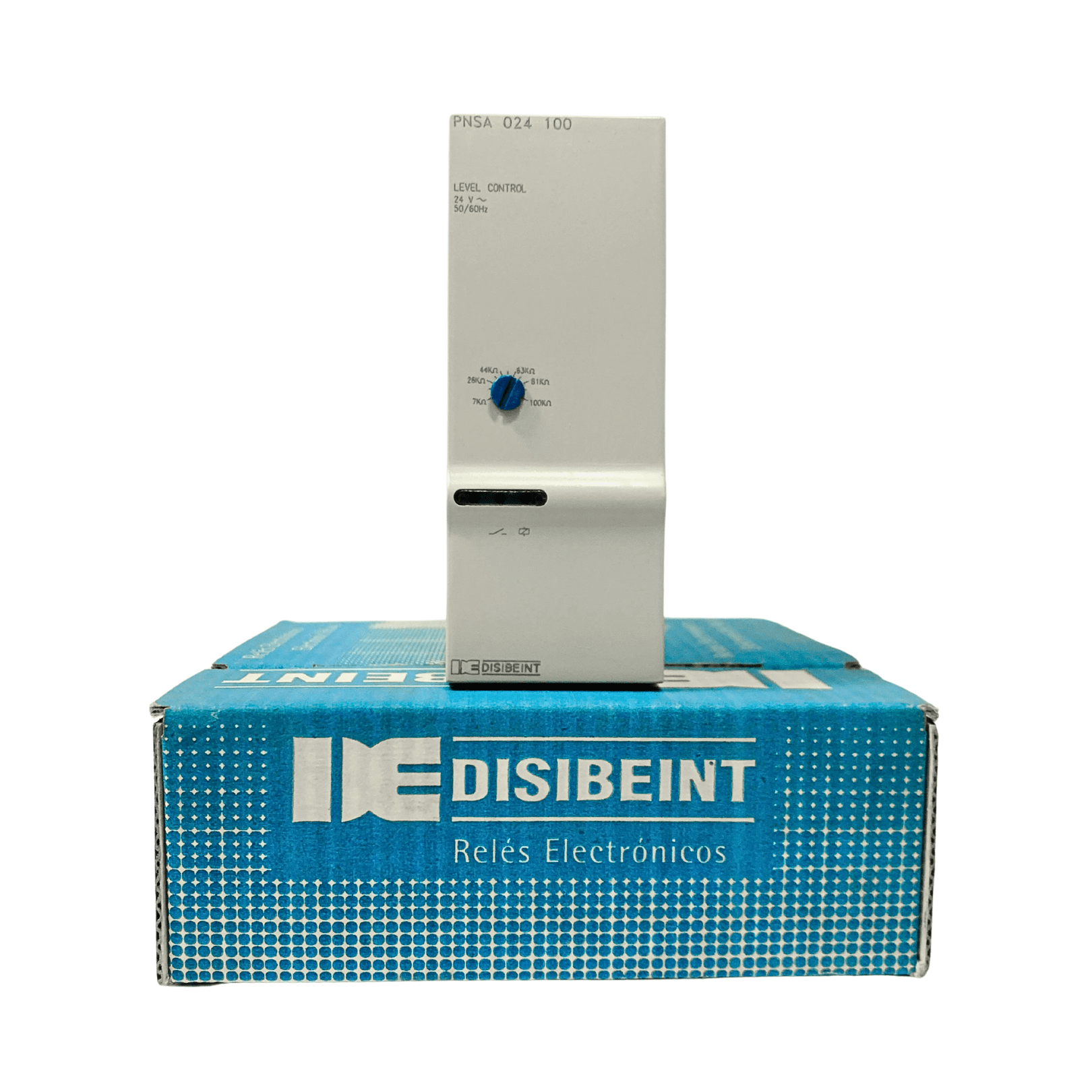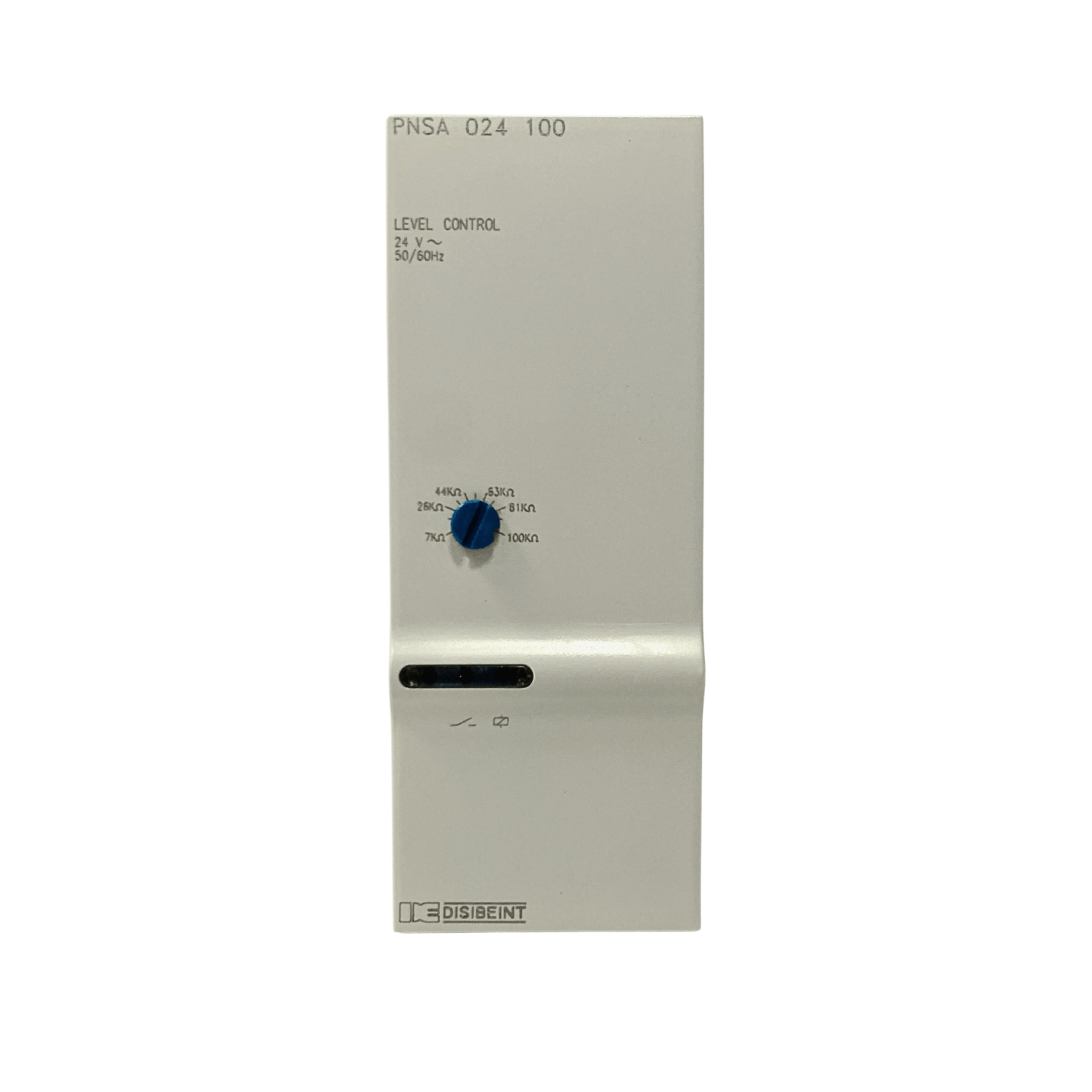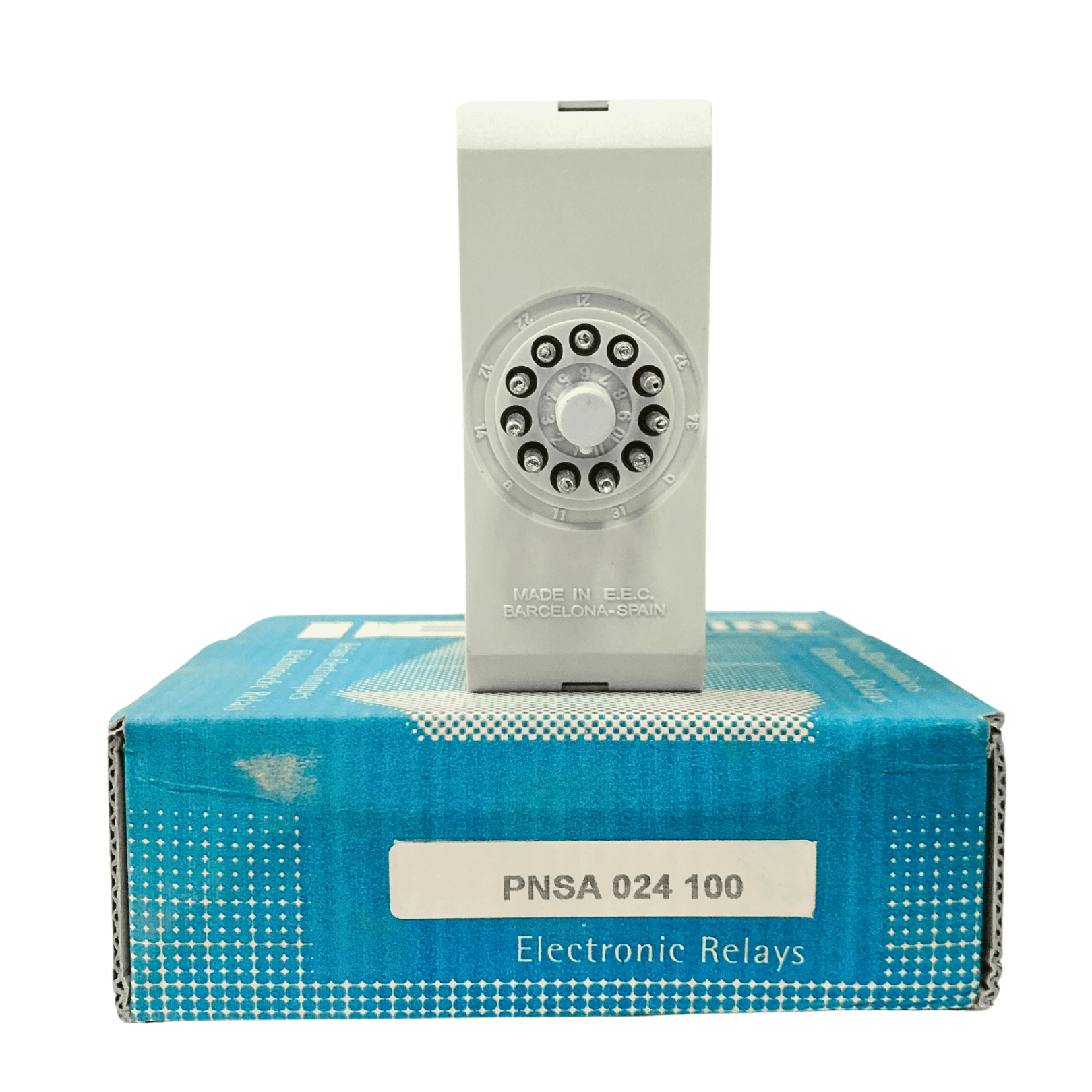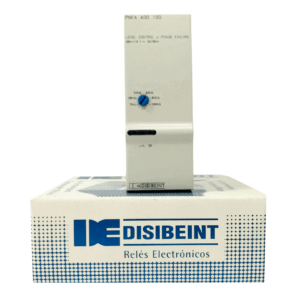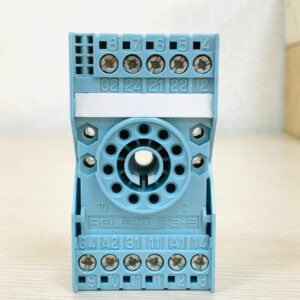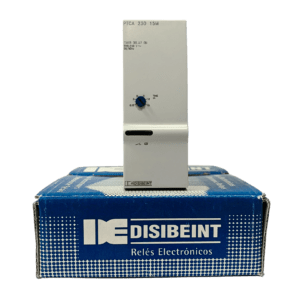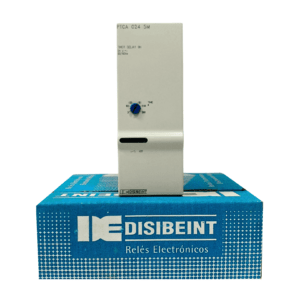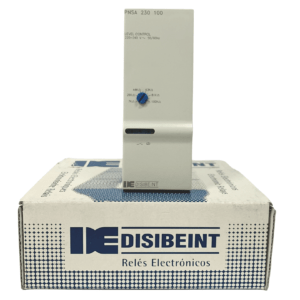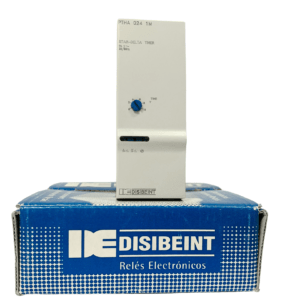Description
The DISIBEINT PNSA 024 100 is a precision-engineered Level Control Relay designed for controlling conductive liquids in industrial applications. Manufactured by DISIBEINT and distributed by MES – Middle East Switchgear Ind. Ltd., this relay offers reliable and efficient liquid level management for both maximum and minimum control scenarios.
- Level Control: The relay ensures accurate level monitoring by activating when the liquid reaches the maximum electrode and deactivating when it falls below the minimum electrode. It provides both maximum and minimum control for maintaining proper liquid levels.
- Sensitivity Adjustment: Adjustable sensitivity from 10 to 100 KΩ, making it adaptable to different liquid resistivity levels, ensuring precise control.
- SPDT Output: Features a Single Pole Double Throw (SPDT) output, offering flexibility for switching control.
- Operating Voltage: The PNSA 024 100 operates at 24 VAC, ensuring compatibility with low-voltage systems.
- LED Indicators: Equipped with green (power on) and red (relay on) LED indicators for easy status monitoring.
- Probes & Connections: Suitable for use with various electrode types, including NS and NR series, this relay connects via cables ranging from 1 to 2.5 mm², and shielding is recommended in installations where lines run parallel or are exposed to long distances.
- Environmental Protection: Rated IP 20, the relay is designed for industrial use, with an operating temperature range from -20°C to +50°C, ensuring reliability in challenging environments.
- Mechanical Durability: Capable of over 30 million mechanical operations, the relay ensures long-lasting performance, with 360 operations per hour for electrical switching.
- Certifications: Compliant with EEC standards for electromagnetic compatibility and electrical safety, offering peace of mind for regulated applications.
With its robust plug-in housing and 24 VAC operation, the PNSA 024 100 relay is ideal for maintaining safe and efficient liquid-level control in industrial settings where precision is crucial.
